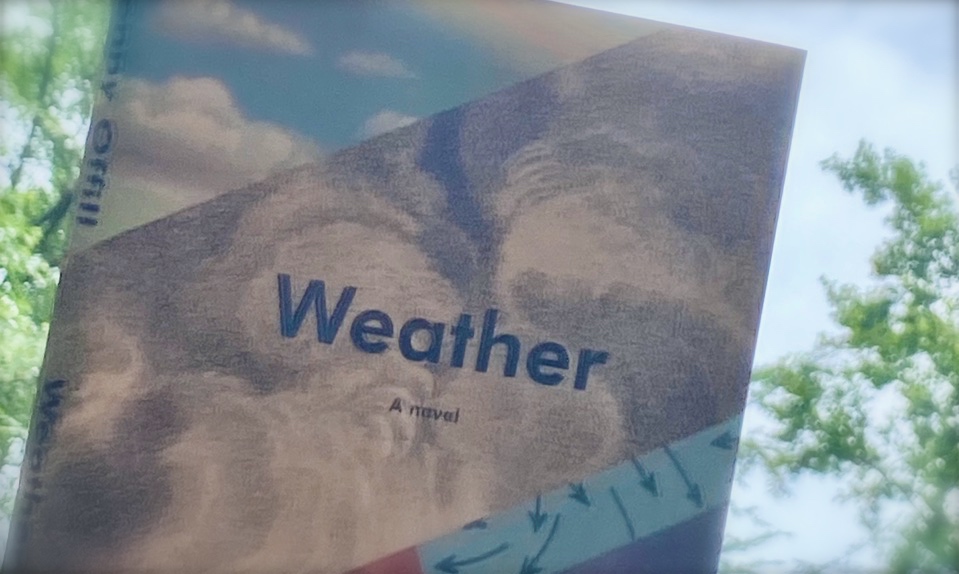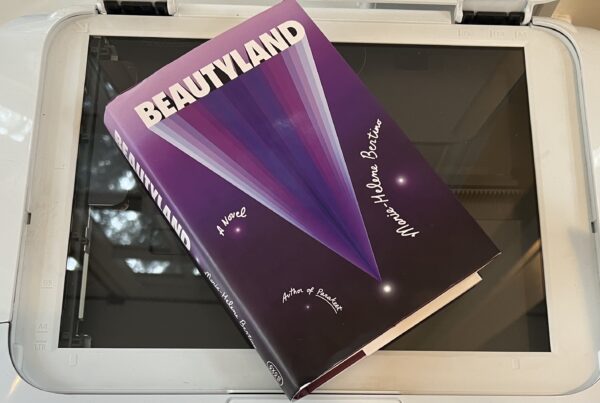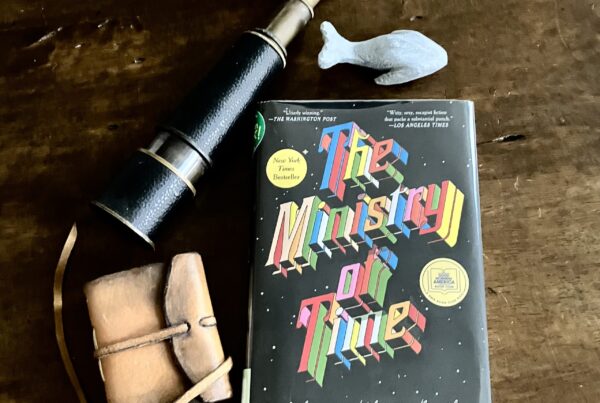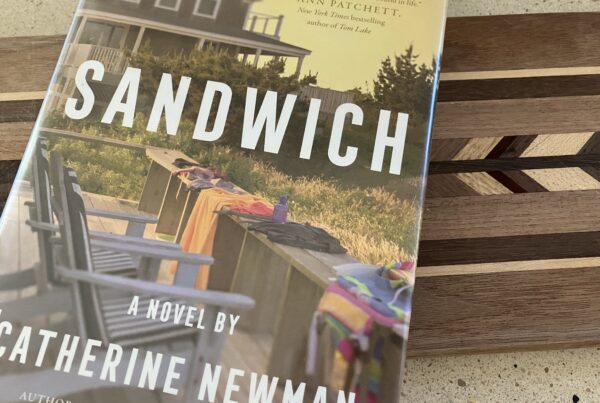To a pandemic and its health and economic fallout, to an uprising exposing and interrupting racism, and to the flagrant abuses of the GOP administration, we must add the crisis of climate change and confront a world metaphorically and literally on fire. Written before Covid-19 and the sudden groundswell of support for Black Lives Matter, Jenny Offill’s ambitious novella Weather effectively explores the irresolvable paradox of living day-to-day while the world burns. For a vital perspective not found in the book, I recommend this article about environmental racism.
As in Offill’s earlier novel, Dept. of Speculation, which puts the narrator’s troubled marriage under a microscope, Weather consists of intense fragments that are by turns profound, funny, heartbreaking, startling, and mundane. Offill’s distinctive style demands focus and patience; at the same time, it is rewarding to read short bursts that reflect the narrator Lizzie’s privileged domestic life’s upheavals (an unfinished PhD, a beloved addict brother, an increasingly depressing job, an emotional affair) alternately with more metaphysical musings about the looming disasters of age, mortality, and most overwhelmingly, the end of the world due to our heedless destructive behavior.
A political book that reckons with Trump’s election and the urgency of environmental issues, Weather is never didactic, preachy, or scolding. Instead, the characters are struggling and flawed in specific ways both annoying and sympathetic. Lizzie is intellectual, fortunate, self-deprecating, anxious, selfish, witty, and keenly aware of her own hypocrisies. A failed academic still connected to the university, a mother both exhausted and delighted by her young son, a wife both in love with her husband and tempted to cheat on him, a sister whose deep connection to her troubled brother is the source of both beauty and agony, Lizzie is an engaging creation of contradictions.
Stripping away everything but the essentials, Offill constructs compelling characters and touches on important themes in precise sentences that provide taut depictions of dread mixed with deadpan humor: “I try to explain to Tracey about Will. How it was like a wartime romance. Minus the war. Minus the sex…and then it is another day and another and another, but I will not go on about this because no doubt you too have experienced time.” And after yet another foray down the internet “prepper” rabbit hole: “Then one day I have to run to catch a bus. I am so out of breath when I get there that I know in a flash all my preparations for the apocalypse are doomed. I will die early and ignobly.”
Weather is urgent and familiar, funny and powerful. Read it while you still have time.




